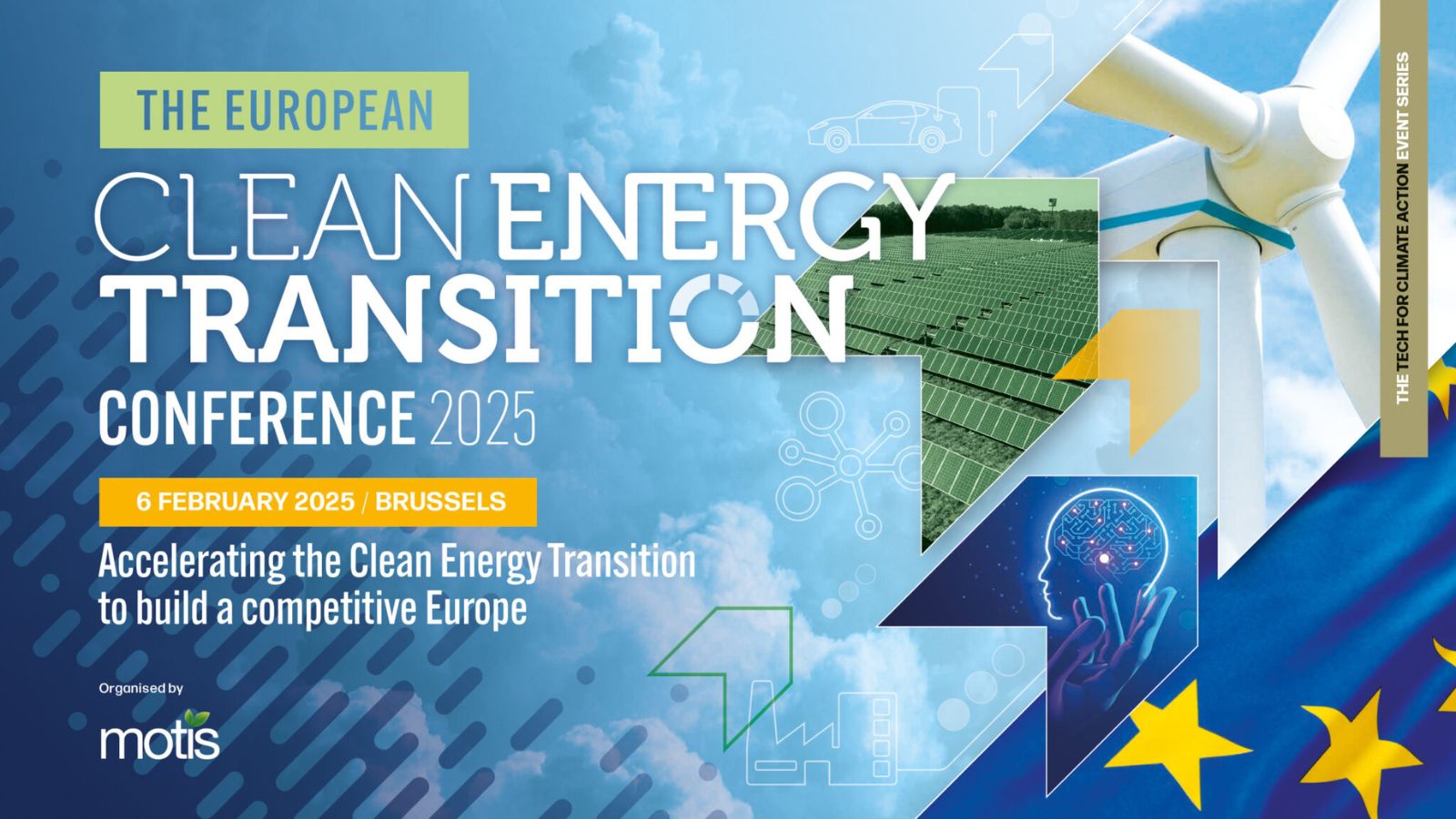On February 6, the EU Clean Energy Transition Conference took place in Brussels, bringing together key stakeholders to discuss the future of energy and climate policies. One of the notable presentations was delivered by the Deputy Director of Energy and Climate Change of the Madrid City Council, who shared valuable insights from the URBREATH project.
Madrid is one of the nine cities participating in the European URBREATH project, an initiative under the European Cities Mission. The project focuses on the decarbonisation of urban environments, particularly within the industrial sector. While many of the necessary technologies for decarbonisation are already available, the speaker emphasised the importance of considering two key elements:
- The Need for Massive Data Capture
One of the critical lessons learned from URBREATH is the importance of collecting comprehensive and inclusive data. The speaker outlined several challenges and opportunities in this area:
- Identifying Data Gaps: There are significant challenges related to missing or uncollected data, which can hinder effective policymaking.
- Sector Representation in Data: While some sectors, such as mobility, are well represented in datasets, others—such as biodiversity, social welfare, teleworking, and community cohesion—are often overlooked.
- The Risk of Invisibility in AI Models: If critical aspects of urban life are not properly measured, they risk being left out of AI-driven decision-making tools like digital twins, leading to incomplete or biased solutions.
- The Role of Analogue Technologies:
The Importance of DialogueWhile AI and digital tools offer significant potential for urban sustainability, the speaker stressed that technological solutions must be context-aware and aligned with real local needs. Key points included:
- AI should be used as an ally rather than an imposed solution that may not fit local conditions.
- Traditional mechanisms, such as citizen dialogue and participatory processes, remain essential to ensuring that technological advancements reflect social demands and do not alienate communities.
Moving Forward
The URBREATH project underscores the importance of a balanced approach to urban decarbonisation—one that leverages technological advancements while ensuring that human-centric perspectives are not sidelined. As cities work towards climate neutrality, integrating comprehensive data collection and community engagement will be crucial for achieving truly sustainable and inclusive urban transformation.
Stay tuned for more updates on the URBREATH project and its impact on European cities!

